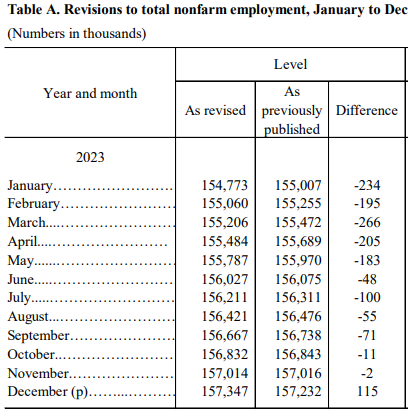The powers that be want a nation of renters.
Buying a house in the United States is considerably more expensive than renting right now, and the real estate market is expected to stay that way for at least the next five years, according to a new analysis.
The analysis out Thursday from CBRE, a firm that tracks real estate prices, shows the average monthly payment on a new apartment lease in the U.S. is $2,165. The average monthly payment on a mortgage for a new home is $2,997, meaning it costs households, on average, 38% more to buy than to rent, according to the analysis.
Notably, the gap between buying and renting will continue to be a big hurdle for aspiring homeowners for at least five years, the analysis found — mortgage payments are still expected to cost 11% more than rent in the year 2030.
Higher mortgage rates and a nationwide housing shortage are key factors behind persistently high home prices, according to the CBRE report. The report estimates there is a shortage of 3.8 million housing units in the U.S., mainly in single-family homes and smaller multi-unit dwellings.
Of course, even though renting is cheaper in terms of monthly expense, you will pay it forever and never own anything. Buying a home is still the #1 way that most families build wealth. That’s what they want you to rent and build their wealth.

